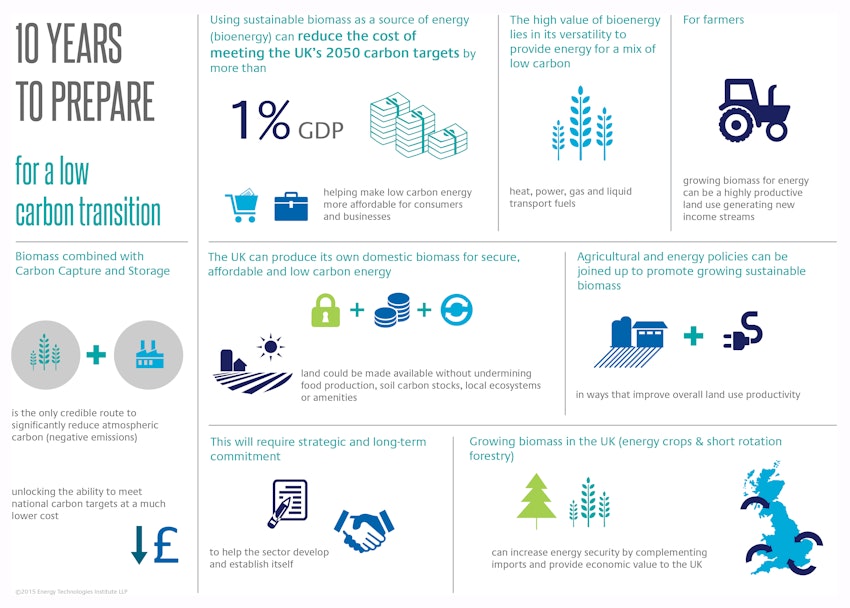Enabling UK Biomass

George Day
Head of Economic Strategy
The UK can grow sustainable biomass for low carbon energy
Many future scenarios for the UK energy system suggest that bioenergy could play a crucial role in meeting our green house gas emission reduction targets by 2050. But while using biomass for energy is commonplace in many countries, the availability and sustainability of biomass feedstocks is also often seen as controversial or difficult.
The UK’s small size, dense population and limited forest cover creates doubt that we can grow sufficient sustainable biomass ourselves. Land use and agricultural policy typically prioritises domestic food production, and land is implicitly assumed to be too scarce to allow significant planting of biomass for energy without undermining food production. Therefore, if the UK is to realise the significant benefits from bioenergy, there are important questions around the sourcing of feedstocks. Should the sector continue to develop predominantly relying on imported feedstocks; or can domestic production play a significant role too?
This paper seeks to explore these issues and initiate a constructive dialogue amongst stakeholders. It sets out the case for a proactive policy to develop a sustainable UK biomass production capability to complement imported biomass. There is a strong case for joining up agricultural, land use and energy policies in ways that support domestic biomass production, both to increase land use productivity and to enable us to meet carbon targets affordably.

George Day
Head of Economic Strategy
George Day joined the ETI in November 2011 to lead work on the policy and economics of low carbon energy technologies. He has over 20 years of international experience as a policy economist in the water, energy and agricultural sectors. Before joining ETI he was a director at Ofwat the water sector regulator.
